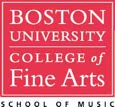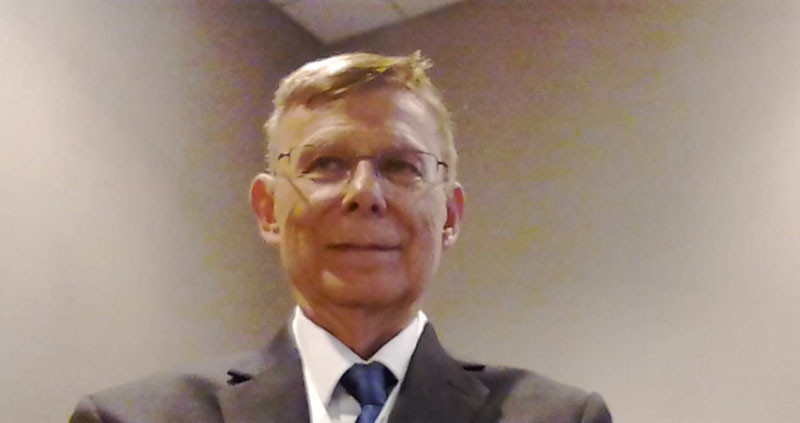 s
s
\
 s s |
 |


CMS-ATMI
–Conference -2022–
Long Beach, California,
September 21-24,2022
Sixty-Fifth National Conference of the College Music Society
Assistive Music Technology Opportunities for
College Music Students with Exceptionalities:
The New Frontier!

Dr.
Fred Kersten

Handout for Presentation
Presentation Page:
http://fredkersten.com/LB22/LBATMI2.html
|
Assistive Music Technology Opportunities for College Music Students with Exceptionalities: The New Frontier!
Within the past two years music technology has exploded with new opportunities for college music students with exceptionalities. The Assistive Technology (AT) Act of 2004 provides legal, and financial incentive for music college faculty including technology support for teaching in their classrooms (a Federal law created to optimize opportunity for persons with disabilities, requiring states to provide AT products and services designed to meet the needs of disabled people). This comprehensive presentation will scrutinize possibilities for pedagogy, finance, and new hardware/technology assistance for college music students with exceptionalities. Topics considered will include: A. Focus on music schools providing assistive support for music students with disabilities. (Berkley has developed a class that gives blind/visually impaired music students access to equivalent music training as their sighted classmates through technology and individual assistance.) Consideration of how to develop/ provide assistive support for students at attendee’s institution will be part of this presentation. B. Lending technology and assistive possibilities to provide music technology support opportunities for students with exceptionalities. TechOWL (Technology for Our Whole Lives) is a part of the Institute on Disabilities at Temple University. TechOWL provides training, lendable AT, presentations, and education. This organization works with multiple disabilities including: * Autism. *low vision. * Communication difficulties./hard of hearing. *Intellectual disabilities. *Learning disabilities. Landmark College provides grant opportunities for special needs. U of Illinois at Urbana-Champaign, Disability Resources & Educational Services offers an extensive Disabilities and Resources division for their students. A major objective of the Dell Foundation is contributing to the quality of life of individuals in U.S. communities where these individuals live and work. Their grants are designed to help persons with exceptionalities achieve at their profession including music training. The Arizona Department of Education announced a $260,000 federal grant for use in traditional public and charter schools in 12 Arizona districts to aid specifically with assistive education efforts. C. Restructuring of music technology software interfaces for improved interaction of students with exceptionalities. Many music software manufacturers are actively involved in this redesign process. Considered will be: Audacity, ProTools, Sibelius, Finale, and LogicPro. D. Examination of new technology, specifically, and recently, developed for accommodation of exceptional students in music activities. Considered: *Jouse (music controller using mouth interior). *Jambox (hands-free harmonica-style music controller). *Assistive Listening Systems (conversion of standard audio into Bluetooth listening opportunities). *Soundbeam 6 (utilizes sensor technology to translate body movement into music and sound). *Braille Transition Software (covert traditional music notation to braille). *Skoog (physical performing opportunity for handicapped musicians). *FM Listening Systems (technology that aids in low-and high-frequency listening opportunities for students with auditory limitations). *Electronic Braille Note Takers (new technology opportunity for music history/appreciation/theory notation participation). Video examples of utilization, and consideration of specific devices in present experimental/actual usage will be provided for illustration throughout the presentation for attendees. A dedicated webpage and detailed handout for further assistance will be developed for this presentation and remain available online for referral after the session has been presented. |
ABSTRACT
Exciting recent music technology opportunities for college music
students with exceptionalities has developed over recent years. Newly
developed music technology, increased interest through administrative
support, and financial legal administrative support has made it easier
for college music students with exceptionalities to participate in the
college music programs.The comprehensive nature of this presentation will be to illustrate the many new possibilities for music technology support for college music students with exceptionalities. The following areas will be considered: A. Focus on music schools providing assistive support for music students with disabilities. B. Lending technology and assistive possibilities to provide music technology support opportunities for students with exceptionalities. C. Restructuring of music technology software interfaces for improved interaction of students with exceptionalities. Many music software manufacturers are actively involved in this redesign process. Considered will be: Audacity, ProTools, Sibelius, Finale, and LogicPro. D. Examination of new technology, specifically, and recently developed for accommodation of exceptional students in music activities. Jambox, Soundbeam 6, and Jouse, will be considered among others. Video examples of utilization, and consideration of specific devices in present experimental/actual usage will be provided for illustration throughout the presentation for attendees. A dedicated webpage and detailed handout for further assistance will be developed for this presentation and remain available online for referral after the session has been presented. |